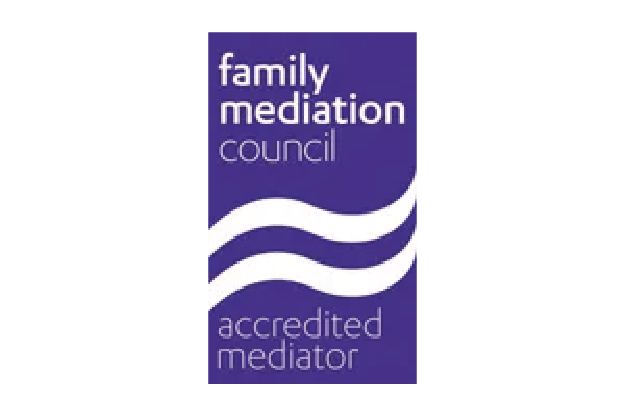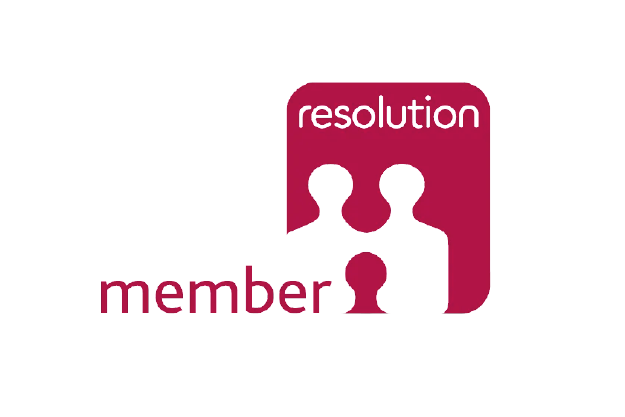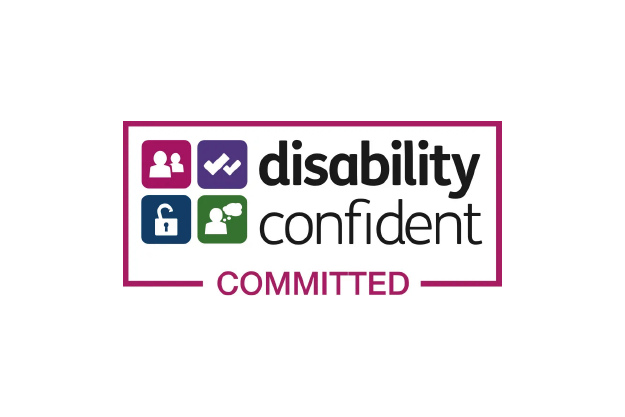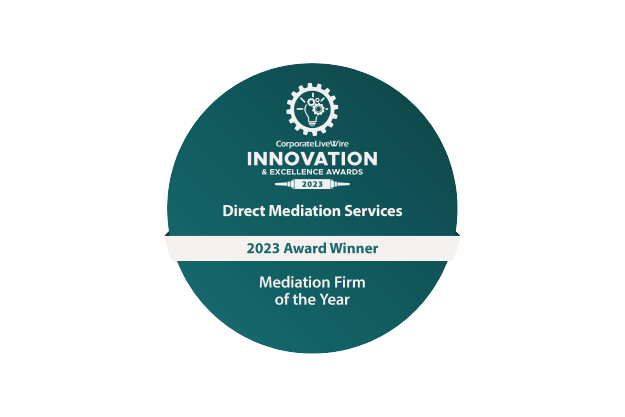Find the peace you need.
LET US SUPPORT YOU.
Mediation services
You are probably going through a difficult moment in your life. We are here to support you …

With your children
It is known that when parents work together, there is a beneficial effect on children, as it helps them to maintain important family relationships after separation.

With your assets and property
Our expert family mediation services are committed to listening to both participants, offering legal information and guidance considering the needs of everyone.

With your concerns
A family mediator will support you in finding a solution that works for you and your family and explain how you can make it legally binding.

With your family relationships
The fear of losing contact with your children or grandchildren is understood by mediators. Our professionals will assist you in finding a way forward.
Know our mediation services in UK

MIAM
The MIAM is the first meeting where you have the opportunity to tell the mediator about your situation and the issues you are facing.
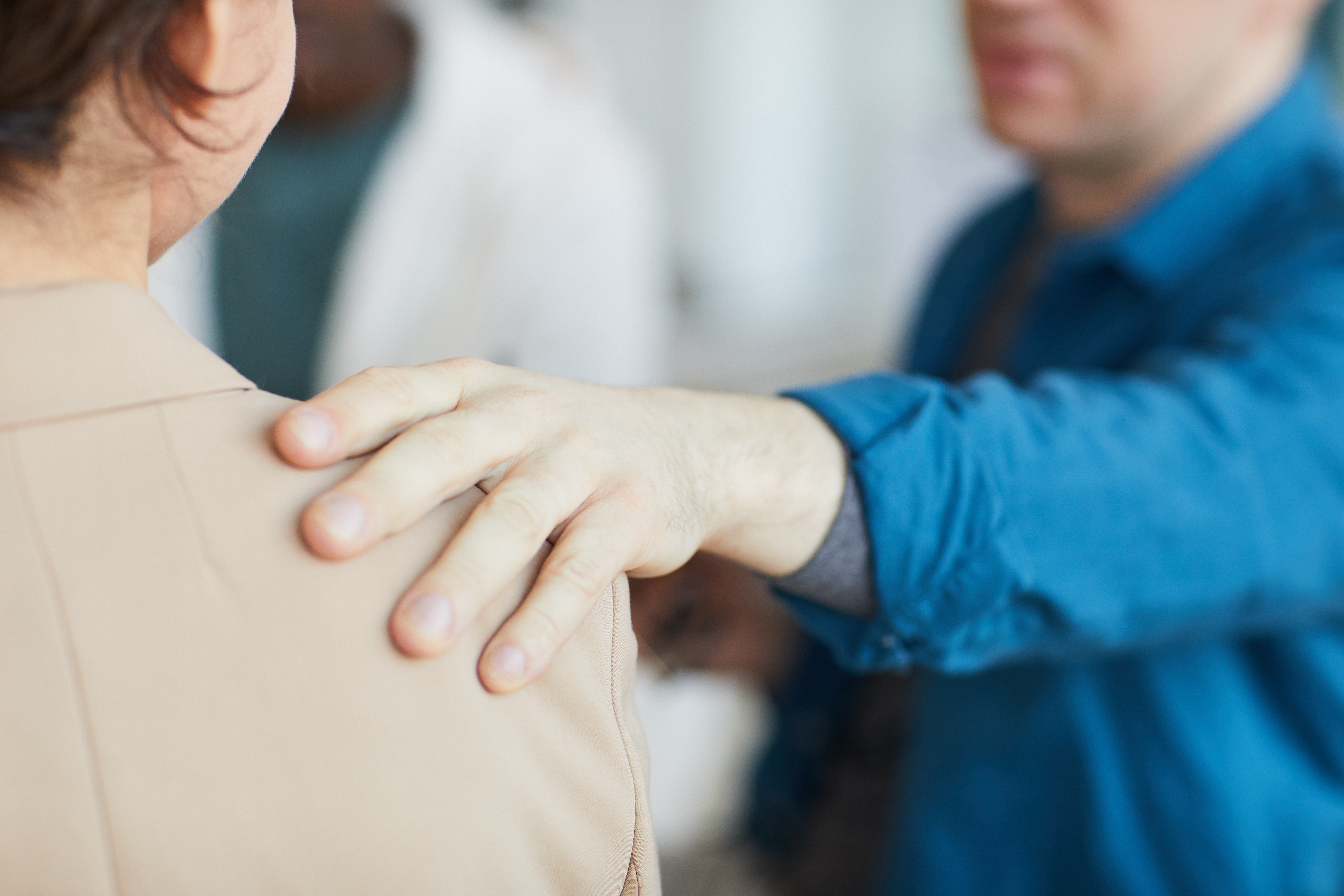
Fast track MIAM
We understand that sometimes you need the MIAM certificate as quickly as possible, so we offer this express mediation service for your convenience.

Family mediation service
Unlike court, during mediation, you are involved in the decision-making, which makes it quicker, more efficient, and cost-effective.

Online mediation
We assist you from any location. The mediator guides you and offers you the necessary support to reach a resolution.
What are the benefits of our mediation services?

Peace of mind

Children's well-being

Quiet and safe environment

Quicker process

Financial savings

Online

Legal information

Supportive
How we work
Our mediation services team supports you and your family through change, which may be as a result of:
- Separation
- Divorce
- Family restructuring
Each family member is offered an individual and confidential appointment, called a MIAM (Mediation Information & Assessment Meeting). In this meeting, you will discuss your reasons for coming to mediation. Also, the mediator will talk to you about the different types of mediation available and the process.


Where we work
We work online and in over 230 locations in England and Wales. Here are some of our mediation centres where you can find mediators near me:
- London
- Kent
- Surrey
- Manchester
- Bristol
- Sheffield
- Cardiff
- Birmingham
- Leeds
Questions about our mediation service
What is mediation services?
MIAM Mediation is a form of alternative dispute resolution where a neutral third party, called a mediator, helps two or more disputing parties reach a mutually acceptable agreement.
The mediator facilitates communication, promotes understanding, and focuses the participants on their needs rather than their wants. Mediation services can be used in a variety of contexts, including family disputes, commercial matters, employment conflicts, and more.
The process is confidential, less formal than court proceedings, and can often lead to solutions that are more flexible and sustainable, as they are crafted by the participants themselves.
What is the purpose of mediation?
The primary purpose of mediation is to help disputing participants reach a voluntary agreement on their conflict. It provides a confidential and structured environment, where participants can openly discuss their issues with the assistance of a neutral mediator. The mediator’s role is to facilitate a dialogue that encourages understanding and collaboration. Some of the benefits of mediation are:
- Using mediation services can be faster than going to court, saving both time and resources.
- By promoting cooperative communication, mediation helps preserve personal and business relationships that might otherwise be damaged by prolonged disputes or litigation.
- Participants have the flexibility to develop creative, tailor-made solutions that address their specific needs and interests.
- A mediation service is less expensive than court proceedings due to its quicker resolution times and informal nature.
- Agreements reached voluntarily are more likely to be honored by the participants, reducing the need for enforcement actions.
How does mediation work in the UK?
In the UK, mediation services follow a structured process, typically involving the following steps:
- Initial appointment: One of the participants contacts a mediation service provider to discuss the feasibility of mediation for their dispute. The mediator will explain in formal meeting the process, the costs involved, and the benefits of mediation and will make an assessment as to wheter mediation is appropiate. Following this meeting, the other participant(s) may be invited to attend one of these initial meetings.
- Agreement to mediate: Both participants agree to participate in mediation and sign an agreement that outlines the rules and confidentiality of the process.
- Preparation: In some cases, each participant prepares for the mediation by gathering necessary documents.
- Mediation session: The mediation service typically occurs in a neutral venue or online. It starts with the mediator explaining the rules and process. Followed by the participants agreeing an agenda to work through. The mediator facilitates discussions regarding these agenda points and explores potential proposals for resolution. Sessions can vary in length, but often last about two hours.
- Negotiation: Participants work towards reaching an agreement, with the mediator moving between them, either in separate rooms or in a joint session, to exchange proposals.
- Agreement: If a resolution is reached, the mediator will help draft an document that captures the details of the resolution. Both participants review, modify if necessary, and then sign the agreement.
Mediators facilitate the process, they do not impose a decision; any agreement is made by the participants themselves. Moreover, if mediation does not result in an agreement, participants can still pursue other legal remedies. Mediation in the UK is supported by various laws and regulations, which encourage the use of mediation to resolve disputes before considering litigation.
When mediation services are not appropriate
Mediation services are a versatile and effective method for resolving disputes in many situations, but there are circumstances where it might not be the best approach. Mediation may not be appropriate in the following cases:
- Non-cooperative participants: Mediation requires a willingness to negotiate and consider compromise from all involved. If a person is completely uncooperative or unwilling to engage in the process, mediation is unlikely to be successful.
- Imbalance of power: If there is a significant power imbalance between the participants then mediation is not appropiate.
- Lack of commitment to confidentiality: Mediation is a confidential process. If the participanrs are not willing to adhere to confidentiality, mediation may not be suitable.
- Criminal cases: Mediation is not appropiate if there is an ongoing criminal case, linked to the dispute.
In such instances, legal proceedings might be more appropriate to address the issues at hand.
Going to court after using a mediation service
When the participants are not able to reach and agreement in mediation or when one participants remains dissatisfied with the outcome, turning to the court system is one of the options they can take. If the case goes to court, a judge then makes legally binding decisions based on presented evidence and applicable laws. It’s important to note that participants may still be required to attempt mediation before a hearing.
Do you have to pay for mediation services?
For family mediation, there is funding available for people on low incomes or receiving specific benefits. This is called Legal Aid Family Mediation. However, if this does not apply to you, then you have to pay for your mediation service. Ask our member of our team about any other funding that may be available.
For civil & commercial or workplace mediation services, the cost of a mediator is typically shared between the participants involved in the dispute. In many cases, the participants agree to split the cost of mediation equally or in proportion to their respective incomes or financial resources. This means that each participant contributes to covering the mediator’s fees and any other associated costs.
In some situations, one participant may agree to cover the entire cost of mediation as part of negotiations or to facilitate the resolution process. This could be due to various reasons, such as one participant having significantly more financial resources or the other participant facing financial hardship.
How much do mediation services cost?
In the UK, the cost of mediation services varies depending on factors such as mediator’s fees, session duration, complexity of issues, and additional expenses like venue hire. Private mediators typically charge hourly rates ranging from £100 to £300 per person per hour. The total cost is influenced by the number of sessions required and venue hire if applicable.
Free mediation services in the UK
An option for accessing free family mediation services in the UK is to apply for Legal Aid for divorcing or separating families. Legal Aid may cover the cost of mediation for individuals who meet certain eligibility criteria. Issues discussed in family mediation can be divorce, child custody, and financial matters. The availability of Legal Aid for mediation also depends on factors such as income, assets, and the type of dispute.

Why choose us?
Direct Mediation Services Affiliations, Accreditations & Awards
